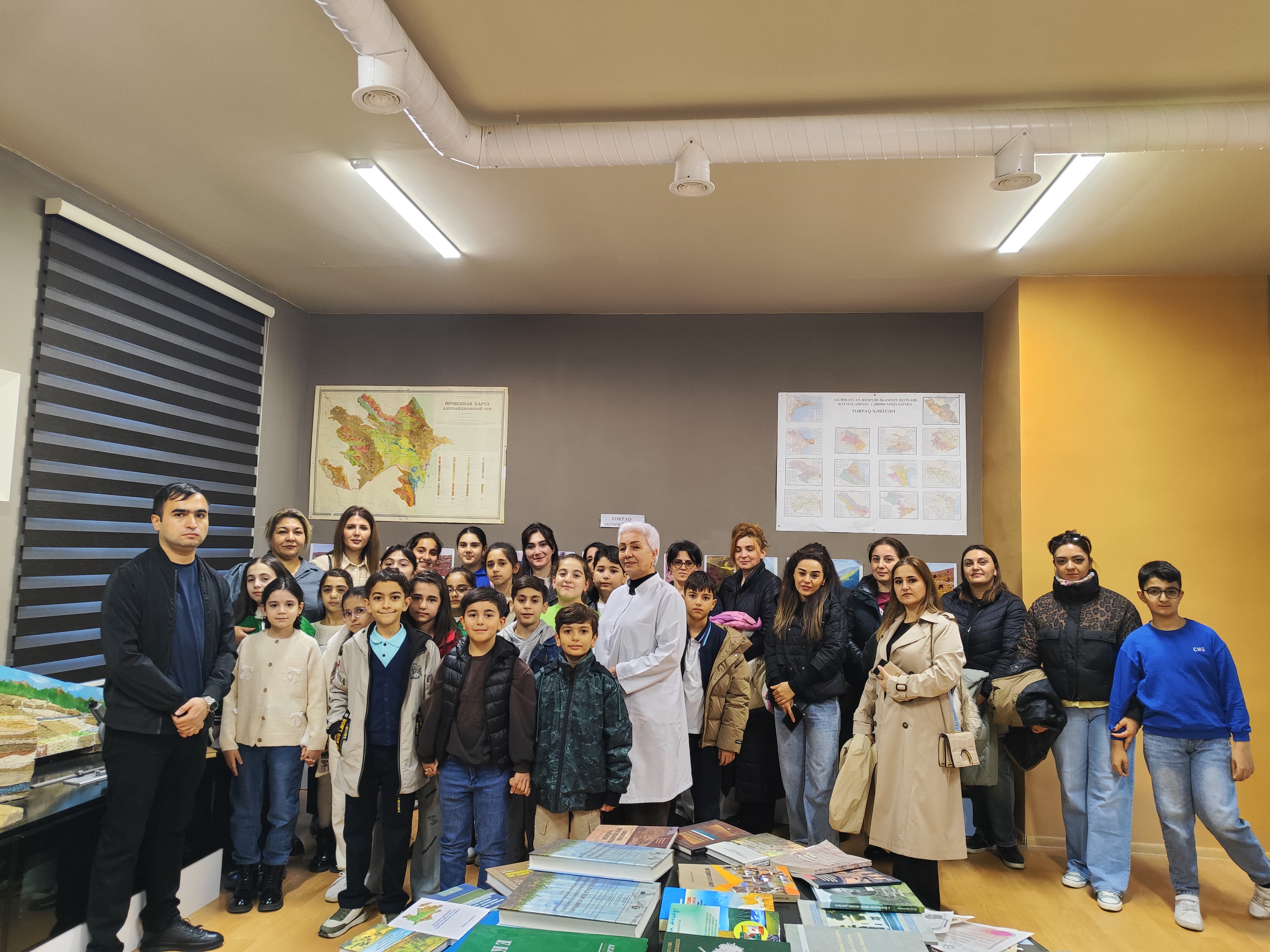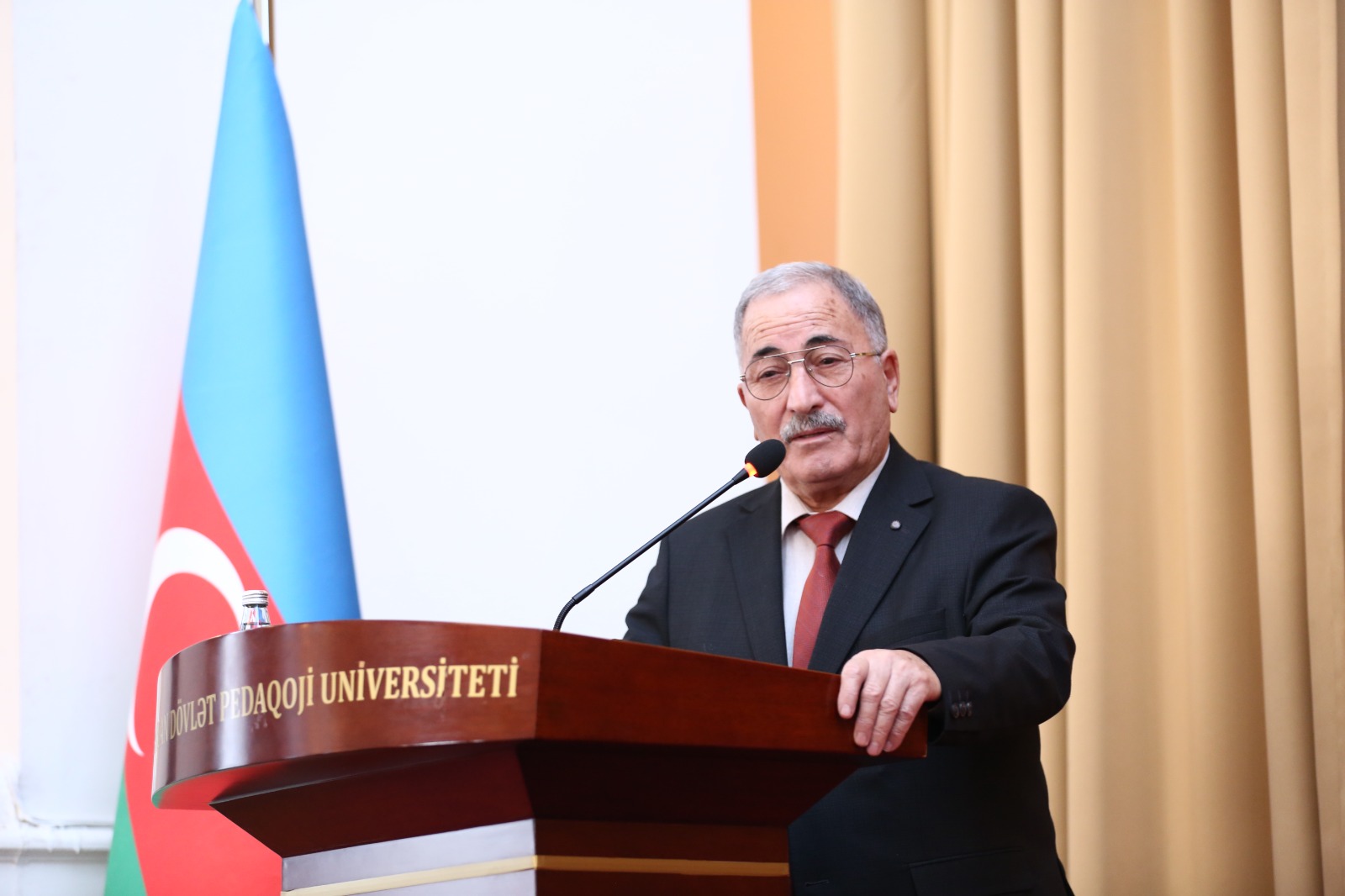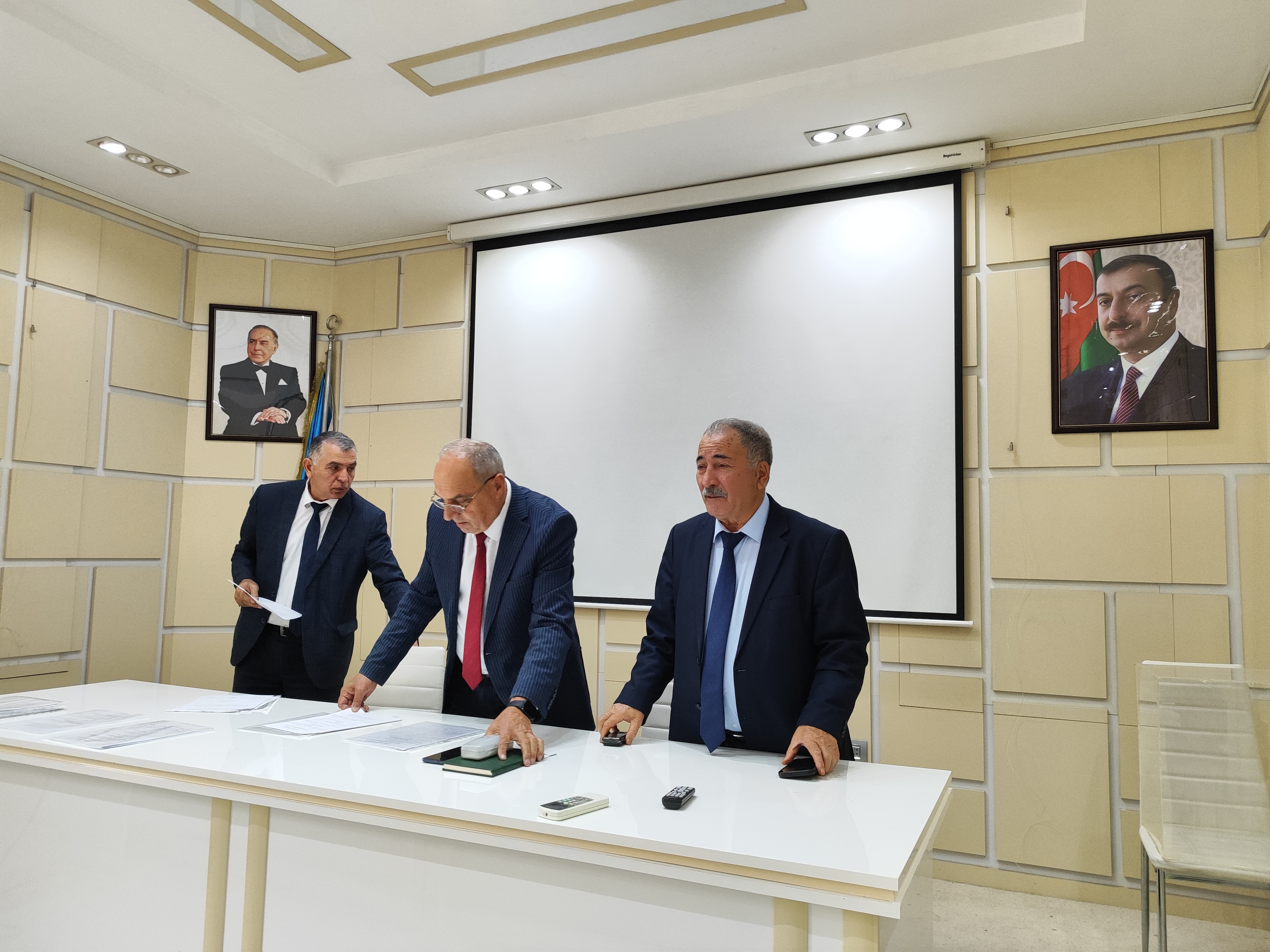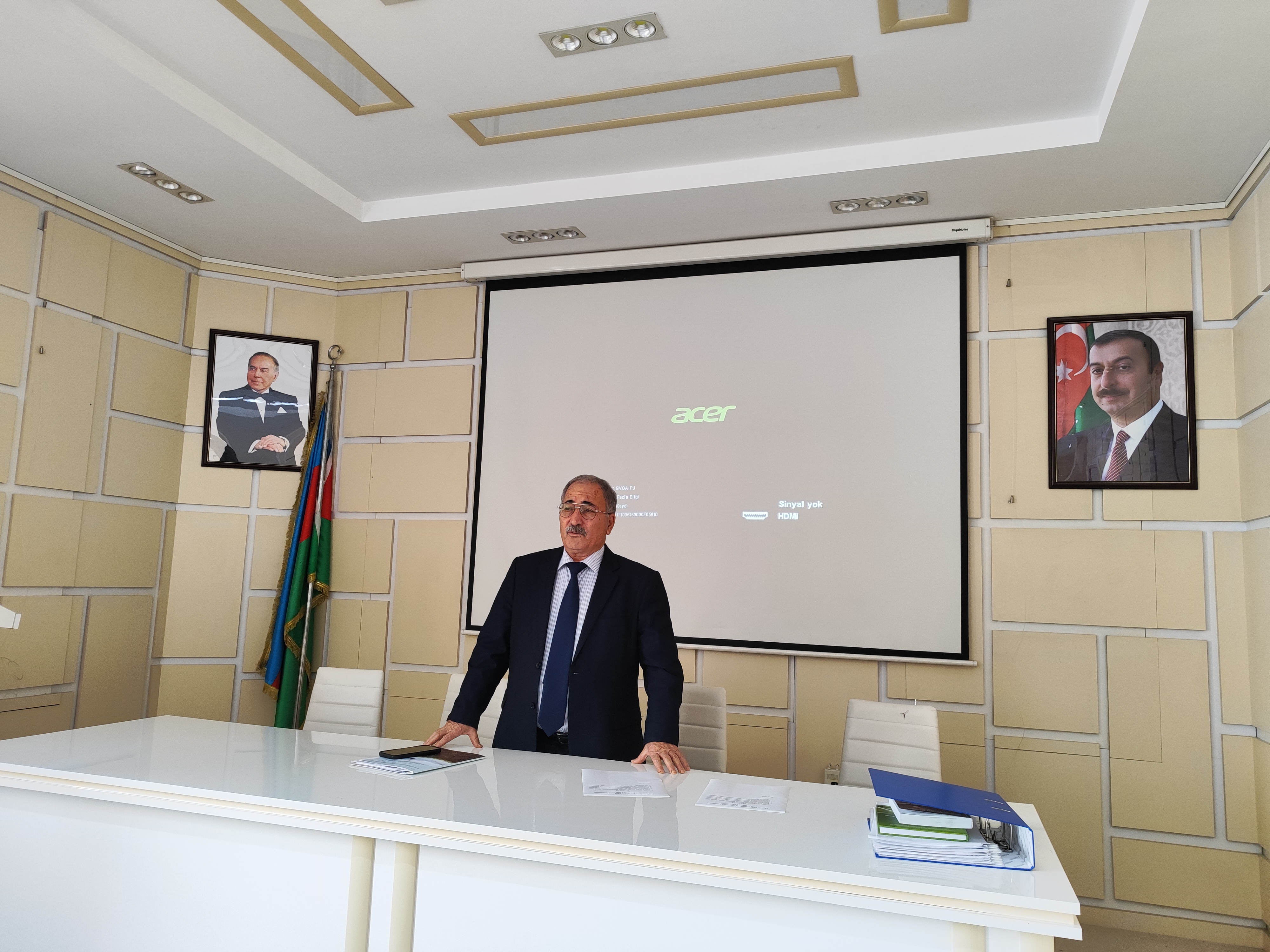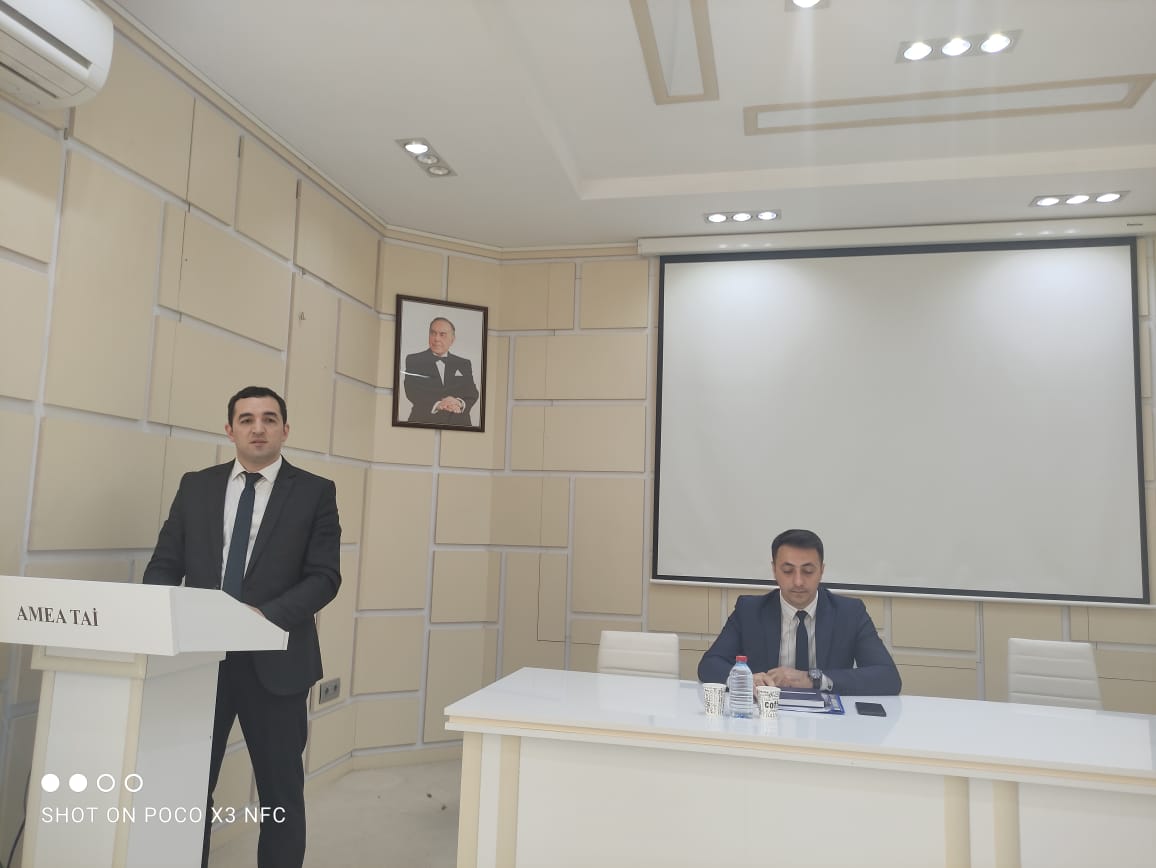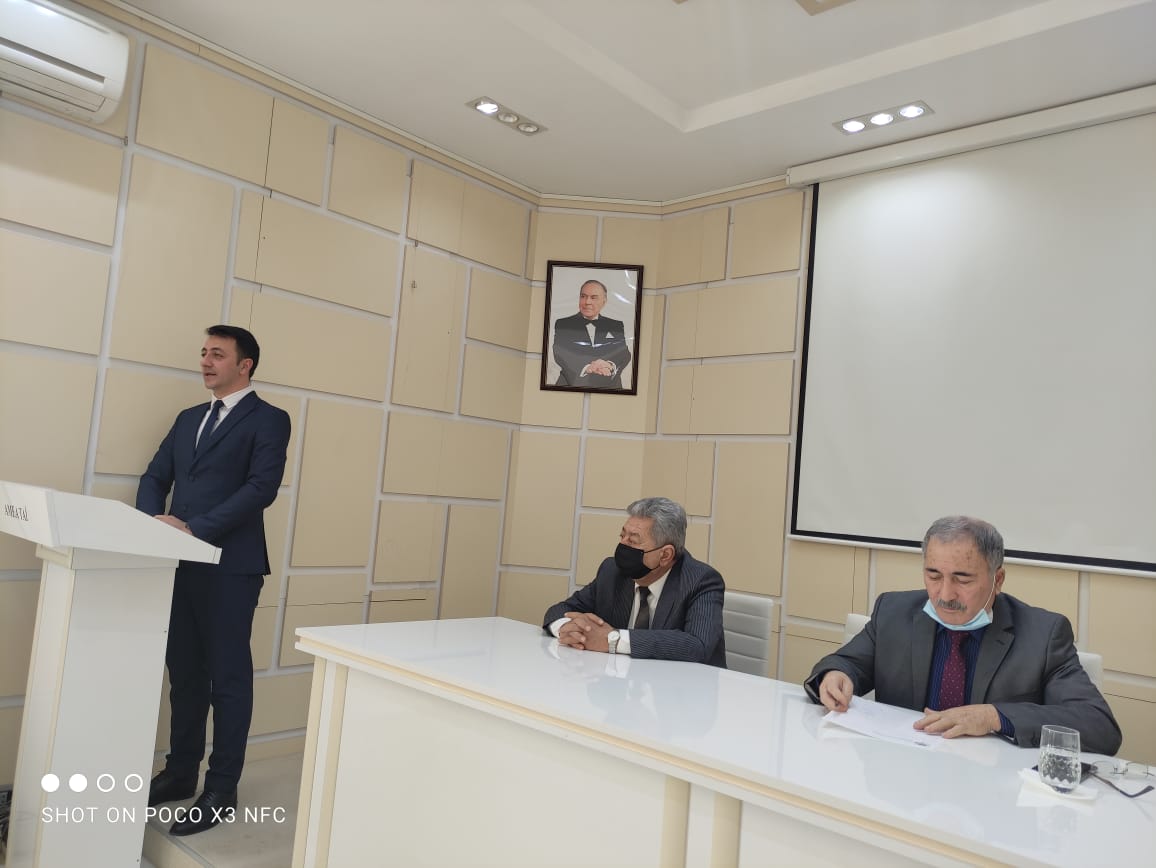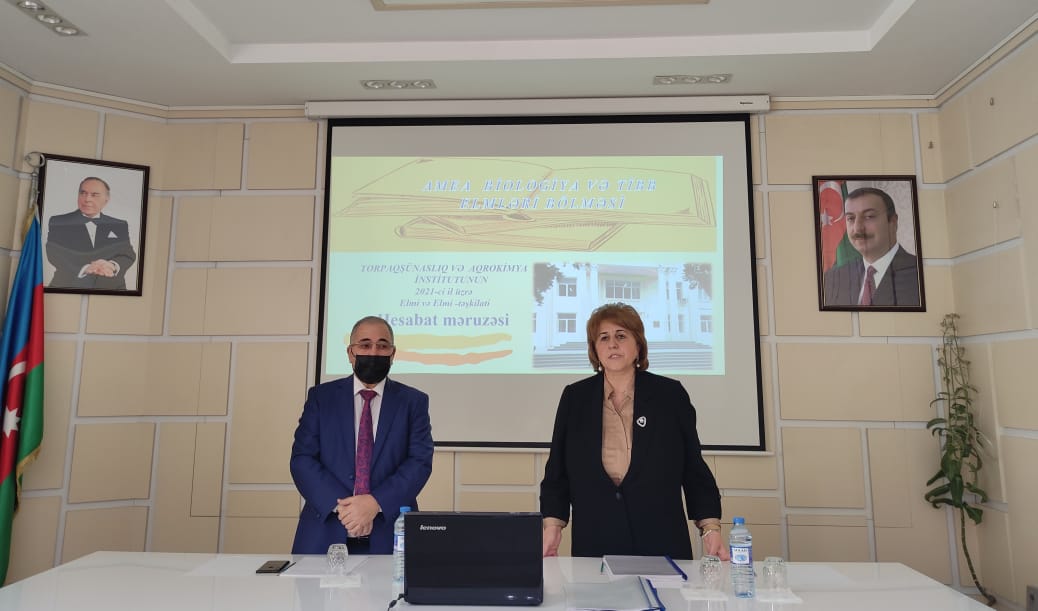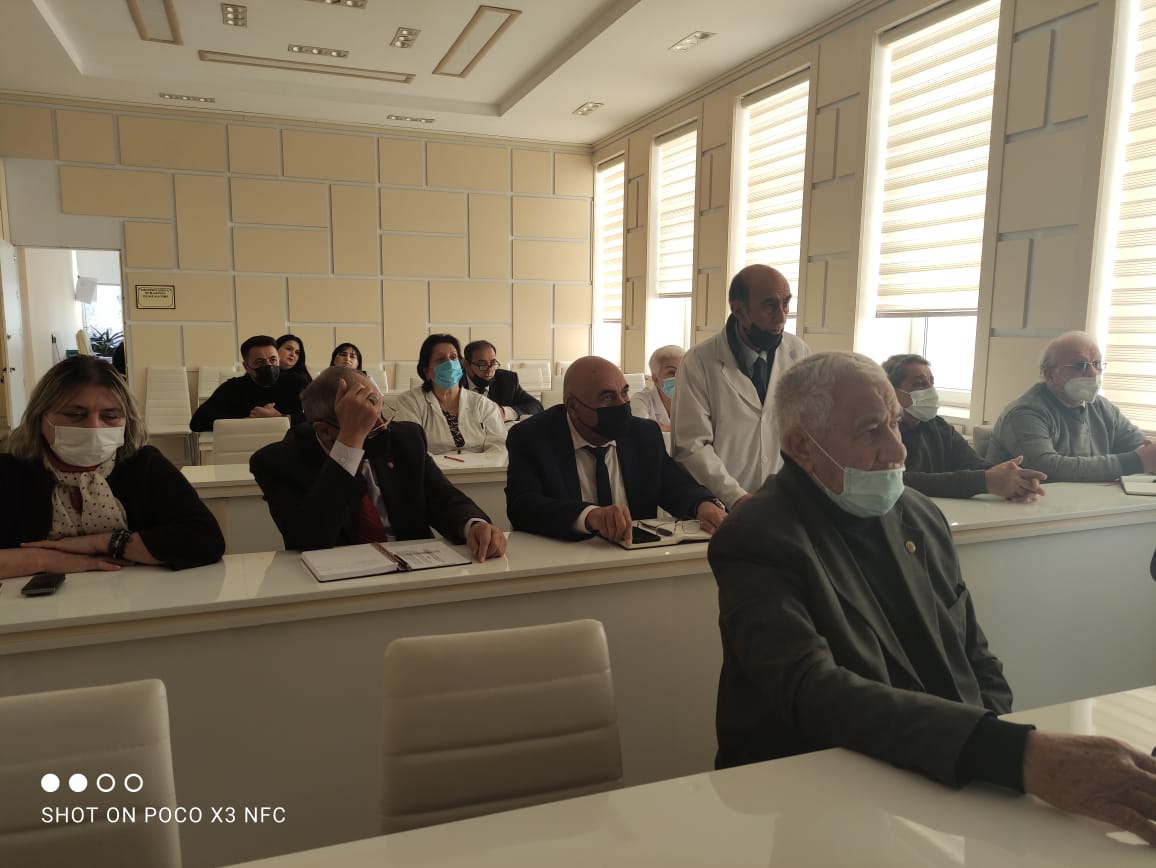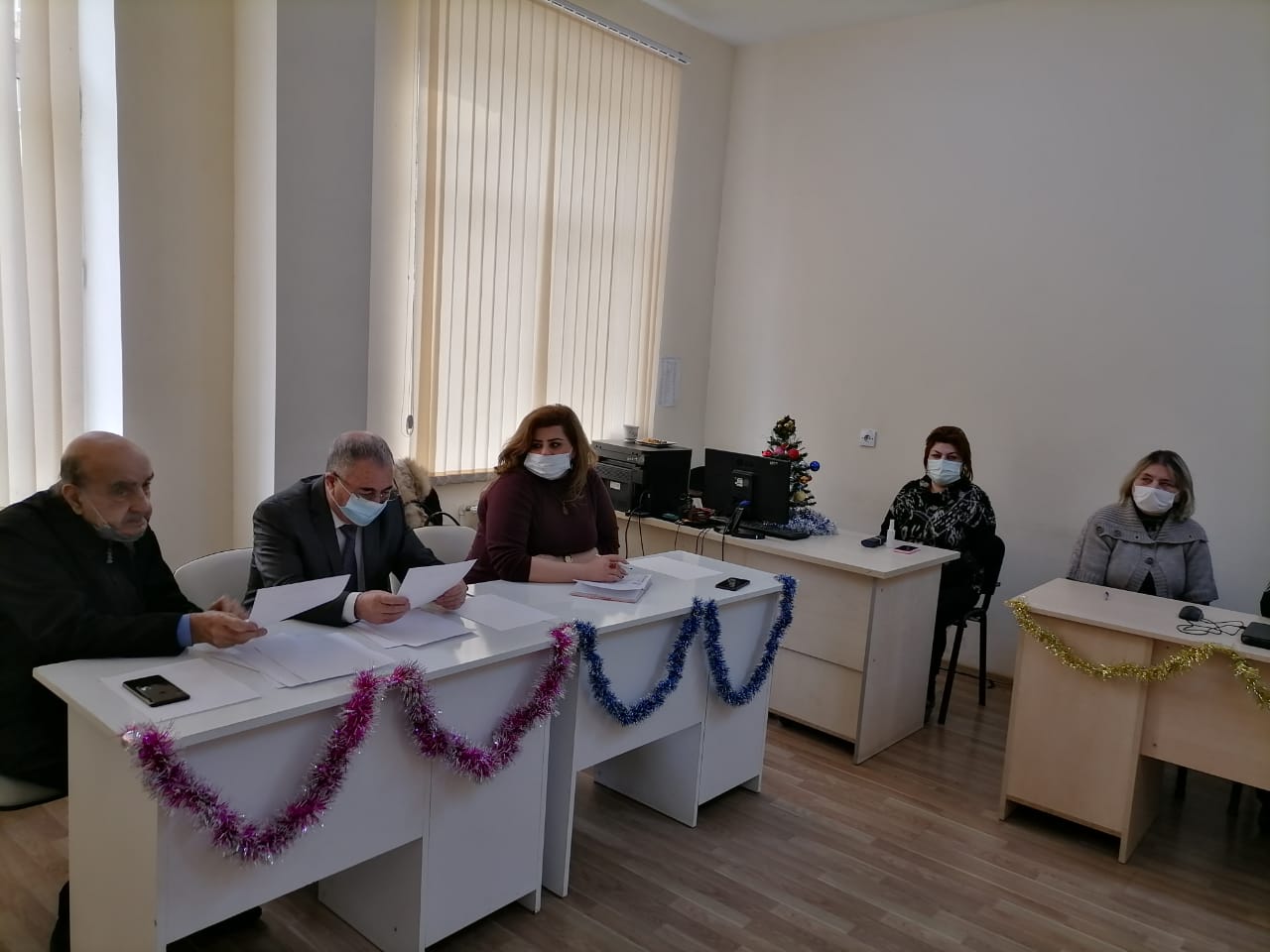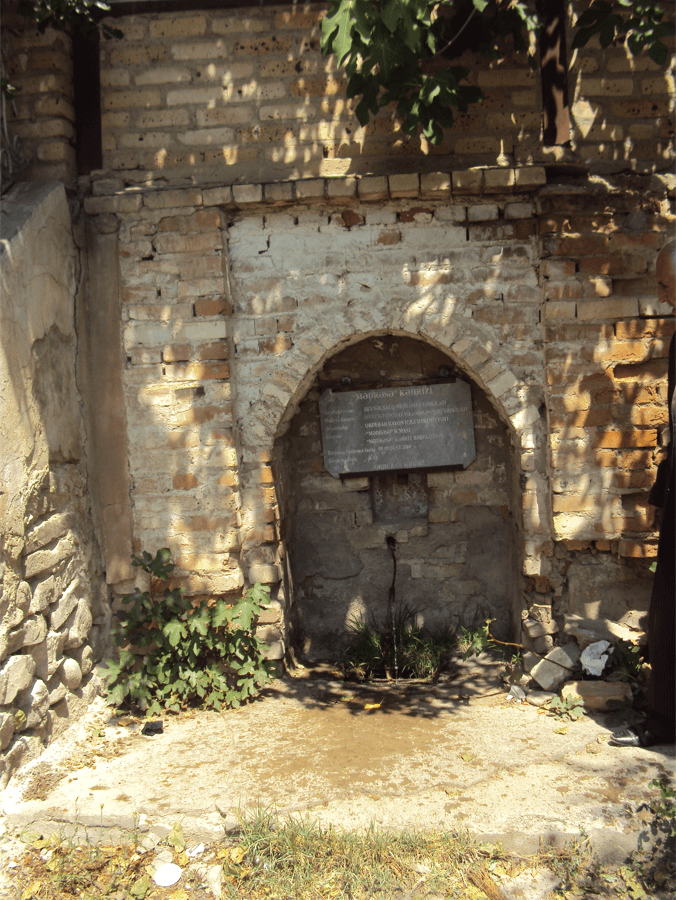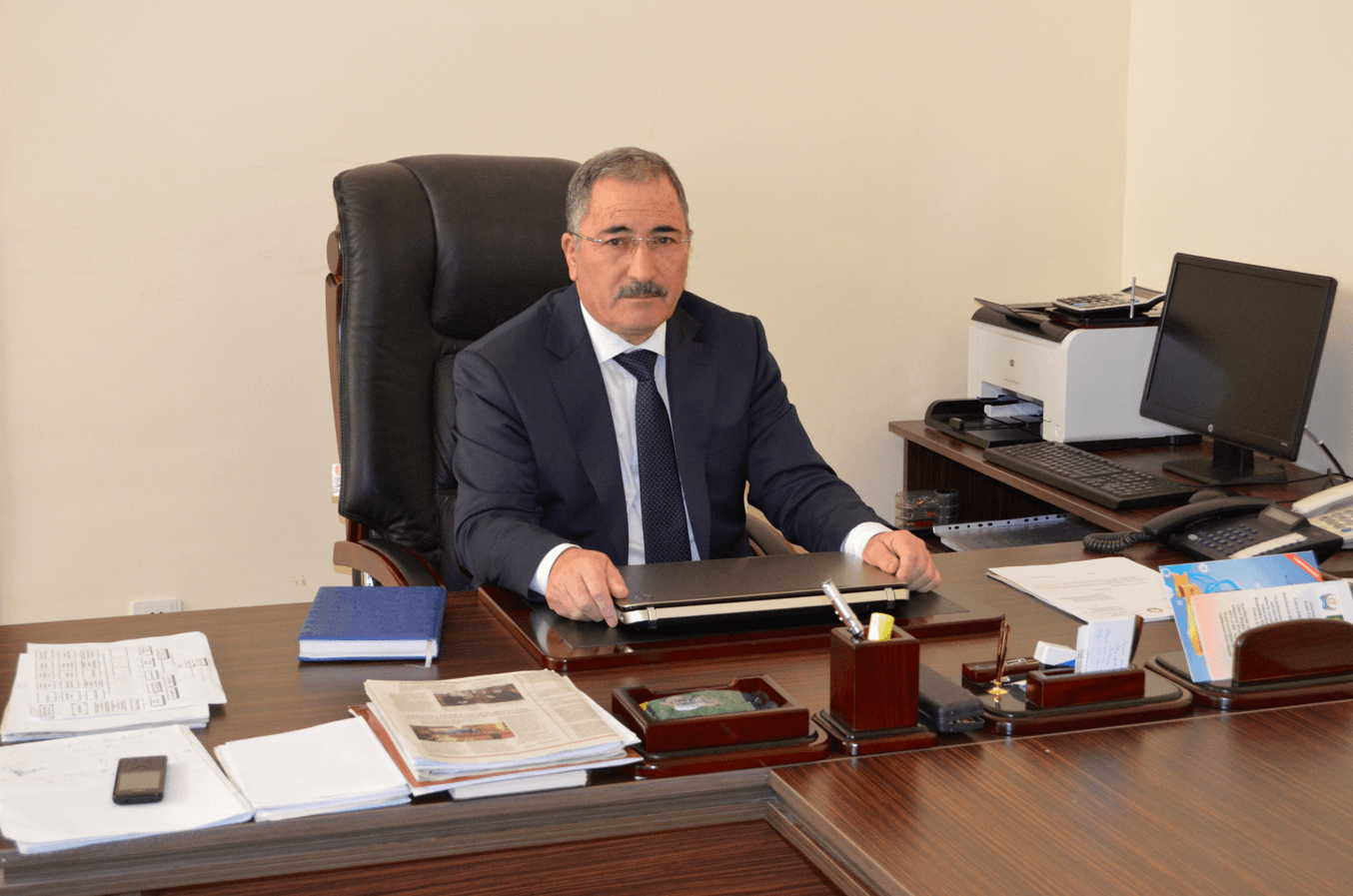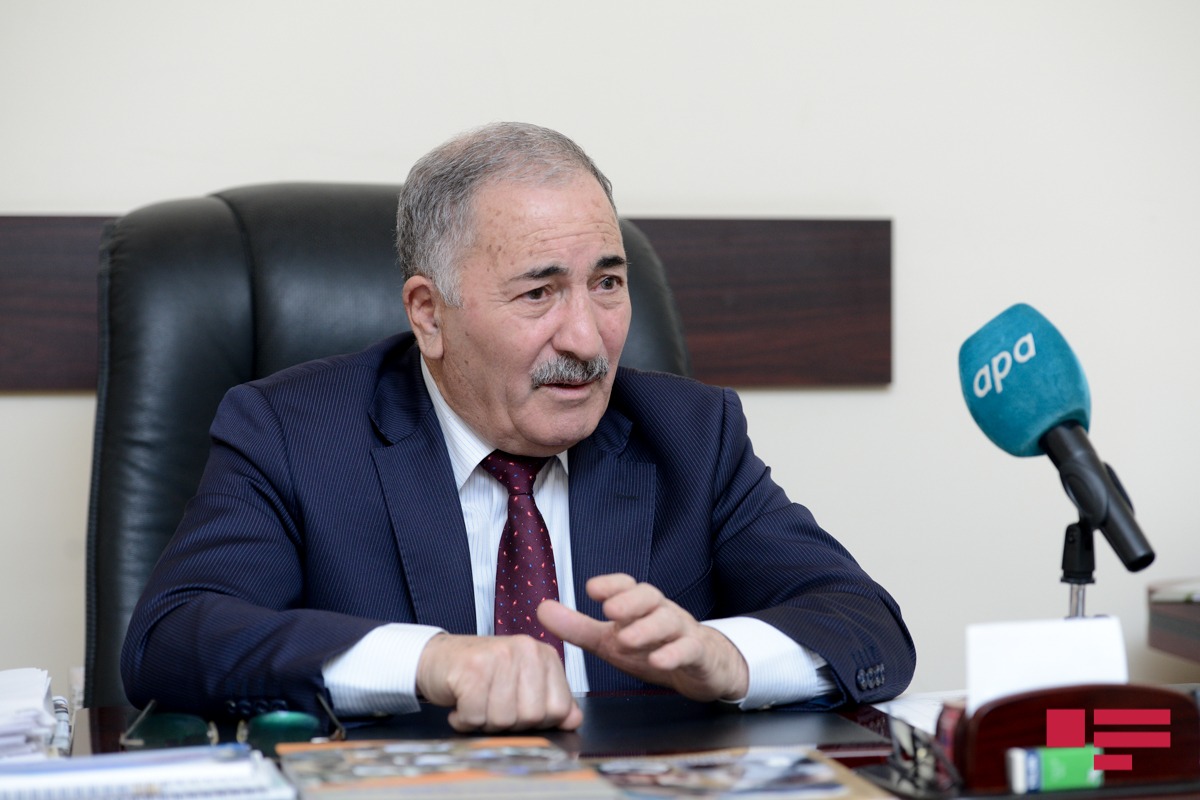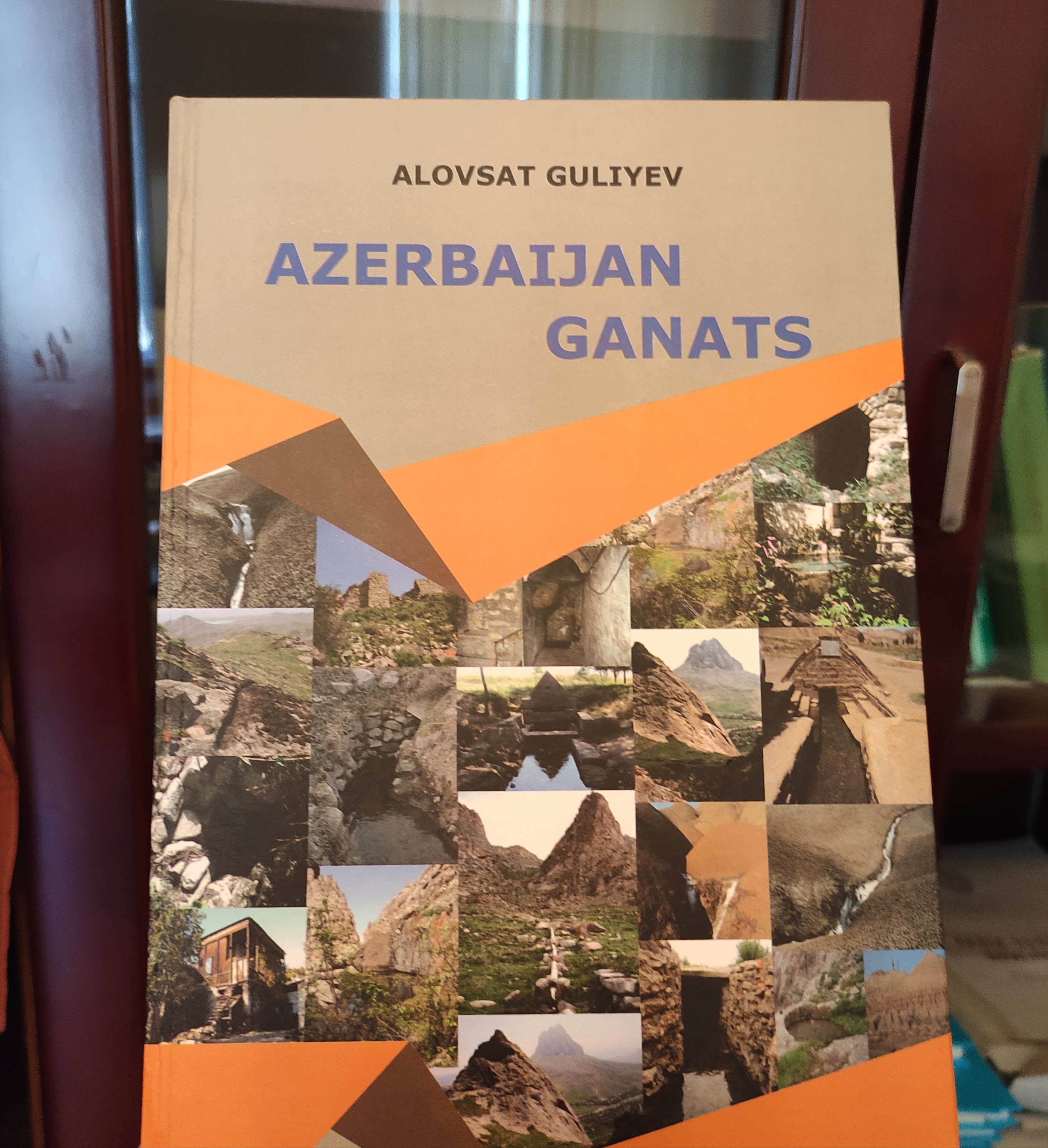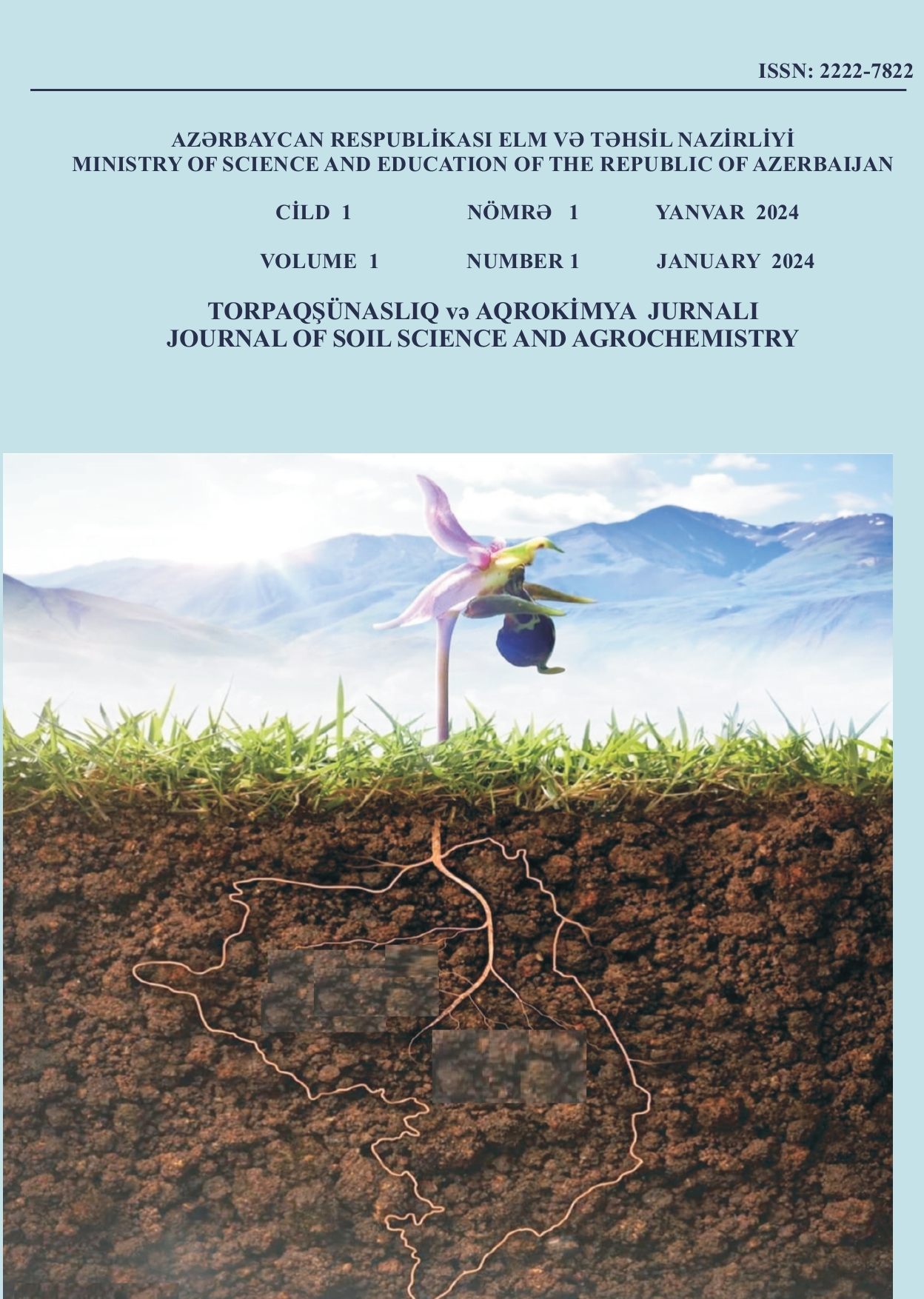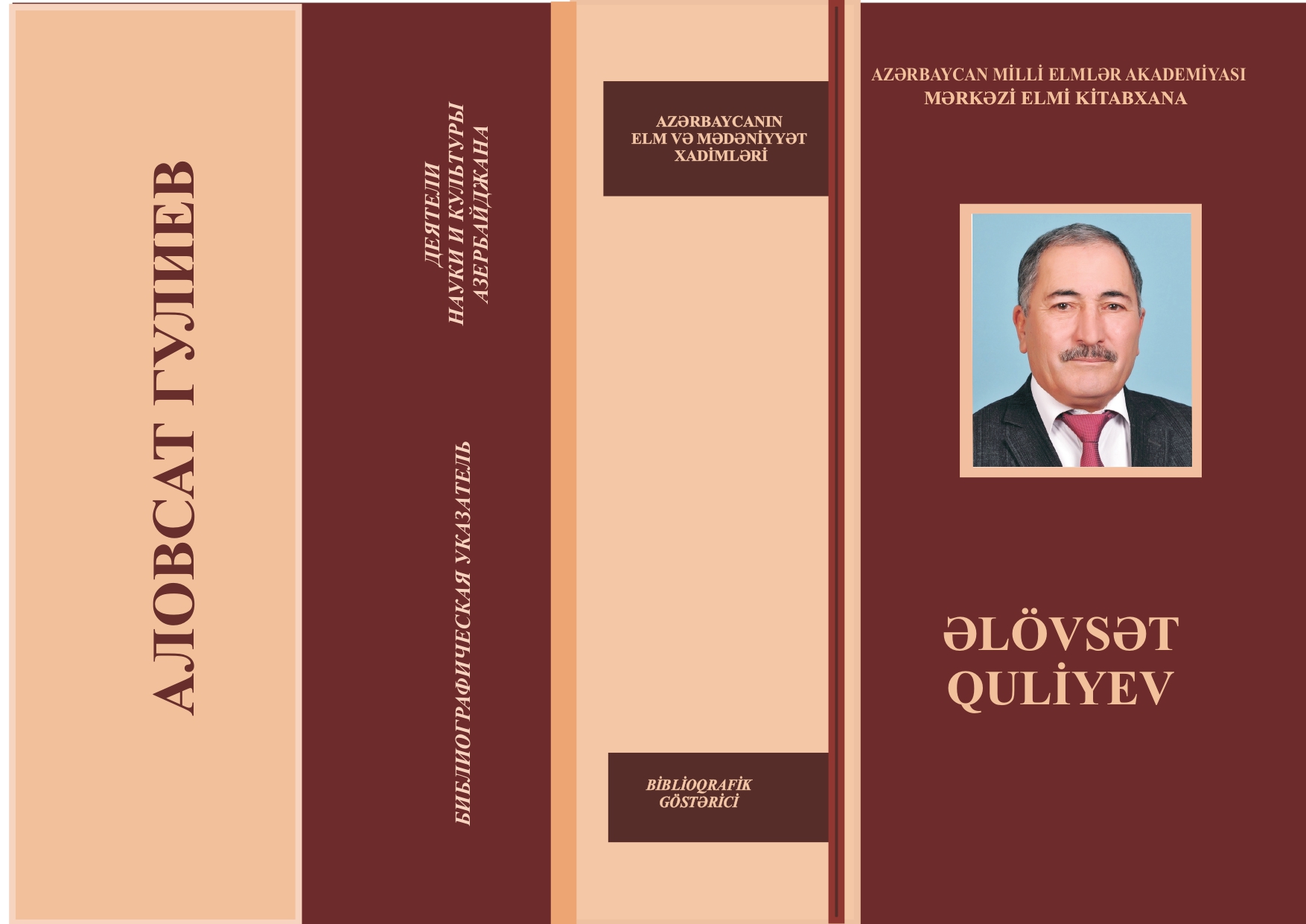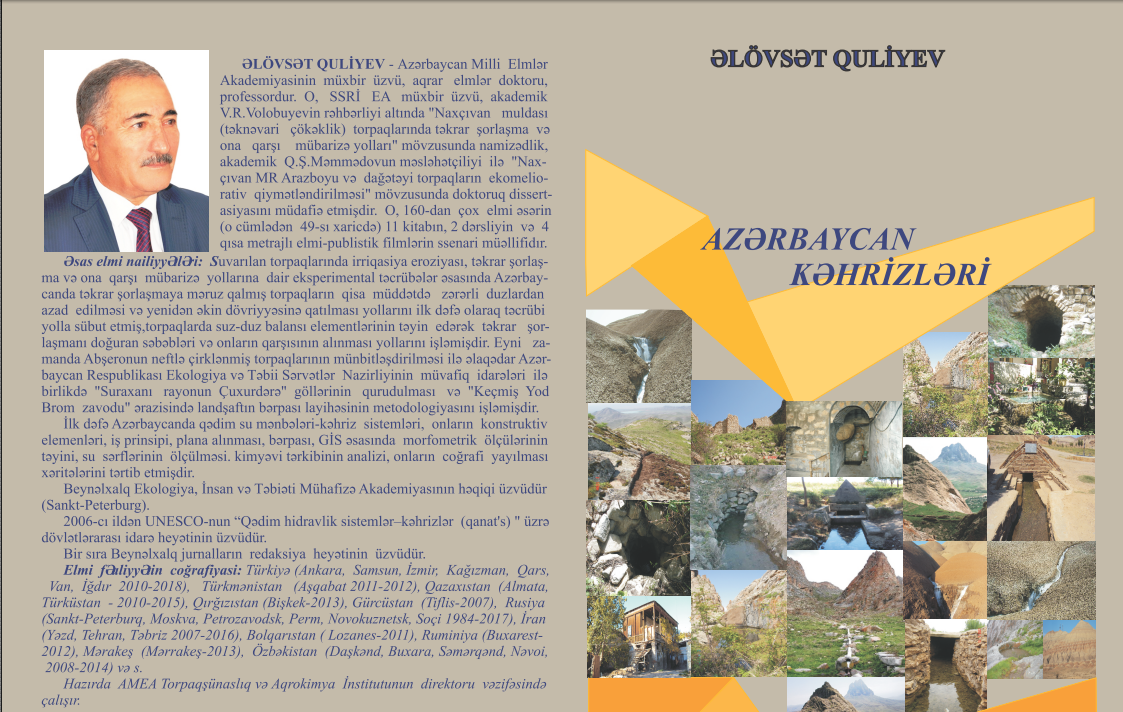Water - is the essential source of life for the living world on Earth. That’s why caused serious problems shortage of drinking water in all periods of history. The reduction of freshwater sources, in the modern world is one of the most serious issues on the minds of mankind. Global Warming, high growth rate of the world's population, environmental pollution and the rapid depletion of existing water resources as a result of inefficient use of water has exacerbated this problem in recent years.
Due to groundwater and surface water resources not so rich rational use of water in Azerbaijan, and protection of natural resources is one of the important issues for our country.
It is not accidental, President of Azerbaijan Ilham Aliyev has held a meeting on the state of water resources in July 2020 and analyzed the work to be done and set important tasks. At that meeting, The President stressed the importance of the participation of scientists in the assessment of water resources, in assessing the probability of increasing it and in all other matters.
In response to the call of the President, We - the scientists, have submitted our proposals to solve the problems in this area both through the media and through our appeals to various government agencies. At a time when we need enough water insufficient use of canals with rich fresh water resources it should make each of us think seriously today. More than 40 countries around the world in solving its own water problem uses “Kahriz canals”. Which has no adverse effects to Ecosystems this is a source of drinking water in arid zones the most reliable welding is considered.
Kahrizes are a valuable asset as ancient examples of irrigation and construction culture in Azerbaijan. Kahrizes are also considered as a monument among the people. According to the composition the cleanest water is “Kahriz Water”. Water from subartesian wells that come out of pressure at a depth of 300-400 meters is not alive but the water of the Kahrizes are alive. In washing saline soils, to grow environmentally clear products “Water of Kahrizes” are invaluable.
Unfortunately, The “kahriz system” in Azerbaijan has not yet been adequately studied and they are not used effectively. Today, to study those Canals, there is a serious need to restore some of the old canals. This is of great economic and historical importance. It should be noted that at one time there were more than 1,500 kahriz in our country.
In 1938, 885 kahrizes were officially registered in Azerbaijan and used as a source of irrigation. The total water consumption of these canals is 13.5 cubic meters per second, and the volume is 420 million cubic meters per year. Today, only 20-25 percent of that water is used.
If we look at the historical data, we see that, Kahrizes destroyed as a result of wars, then restored and brought back to life. In the 1970s, the Ministry of Amelioration and Water Resources of Azerbaijan had a "Kahrizes" department. But in the early 90s of last century, after the crisis and the war, this area was also neglected.
At the meeting on the construction of the Vaykhir reservoir in Nakhchivan in August 2002, our national leader Heydar Aliyev stressed the importance of restoring and protecting canals.In accordance with the recommendations of our great leader, in 2004, the Kahriz Department was established in the Nakhchivan Autonomous Republic and to date, more than 300 canals have been restored. Starting from 2016, Kahrizes in a number of regions of Azerbaijan have been studied. It turned out that, some of the Kahriz systems were destroyed during the land reform.
With the determination of the Supreme Commander-in-Chief Ilham Aliyev and the heroism of our invincible army, there are many kahrizes in the liberated territories with ancient and rich water resources. Once upon a time, that is, before the occupation 64.333 million cubic meters per year from 98 canals in Aghdam region, 19.016 million cubic meters from 71 canals in Fizuli region, 34.658 million cubic meters from 111 canals in Jabrayil region, 4.225 million cubic meters from 52 canals in the mountainous part of Karabakh kahriz water was obtained. Now, the restoration of these kahrizes can give a significant impetus to the development of agriculture in those areas.
I think it is necessary to highlight an issue that worries the Azerbaijani public, especially us intellectuals. Today, due to grants from different countries, the canals are cosmetically repaired under the name of restoration. İt worries me more as a citizen and a scientist who is a kahriz researcher.
The activity of a number of international organizations in the restoration of Azerbaijani canals dates back to the early 2000s. The International Organization for Migration, which has been rehabilitating canals in Nakhchivan since 2000 with my advice, in 2009-2010, The Nakhchivan Autonomous Republic implemented two new canal projects. With the financial support of this organization, the book "Kahriz Systems" has been published. All this should be considered a good thing. But the project of digging Kahrizes did not prove itself because it is not based on scientific grounds. While the International Organization for Migration has to use local experts, it has mysteriously invited a foreign representative to restore the kahrizes.
Later, the organization implemented projects to restore canals in various regions of Azerbaijan carried out restoration work, which led to the destruction of a number of ancient monuments. We state openly that, presented to the public by the International Organization for Migration "163 kahrizes restored in Azerbaijan" content information is incorrect. There is no scientific basis for the restoration work. During the restoration of those canals, there are fairly "crippled" Kahrizes due to the ignorance of those who have no scientific knowledge in this field.
In Kahriz research as a scientist with 30 years of experience, I note with concern that, “Professional staff” of the International Organization for Migration activity in the liberated territories is inadmissible. This "Amateur talent activity" for the restoration of Kahriz monuments destroyed by Armenians will not give us what we need, on the contrary it will cause the monuments to disappear once and for all. The authorities must resolutely prevent such negative developments. Our Kahrizes must be transferred to the balance of a specific state organization, they must be restored and protected.
As can be seen, in the modern era of water shortages, there is a serious need for the efficient use of canals. If we have enough water, why shouldn't we use canals, which require very little money for rehabilitation and water consumption? We think we need to think about this question and find an answer to it in a very short time. At the same time, we will have a rich water supply during a period of drought, and we will have contributed to solving a number of problems related to fresh water.
President Ilham Aliyev said during a video conference on his appointment Zaur Mikayilov as chairman of the Azerbaijan Amelioration and Water Resources Open Joint-Stock Company, in April last year. "The potential of all our water resources, both in the liberated lands and in other parts of the country, must be carefully analyzed". Specific programs and proposals must be submitted to make maximum use of these water resources. Thus, there is a lot of work to be done in this area, both in the liberated lands and in other areas.
We believe that, in accordance with the instructions of the President, due to the efficient use of water resources adequate use of Kahriz water should also be considered when developing programs. When analyzing the potential of water resources, it should not be forgotten that the Kahrizes are the most ecologically clean water sources.
We believe that, by appointment of President of Azerbaijan Mr. Ilham Aliyev Relevant decisions will be made in connection with the tragic fate of our Kahrizes.
Alovsat Guliyev,
General Director of the Institute of Soil Science and Agrochemistry of ANAS.
Corresponding member of ANAS, professor

